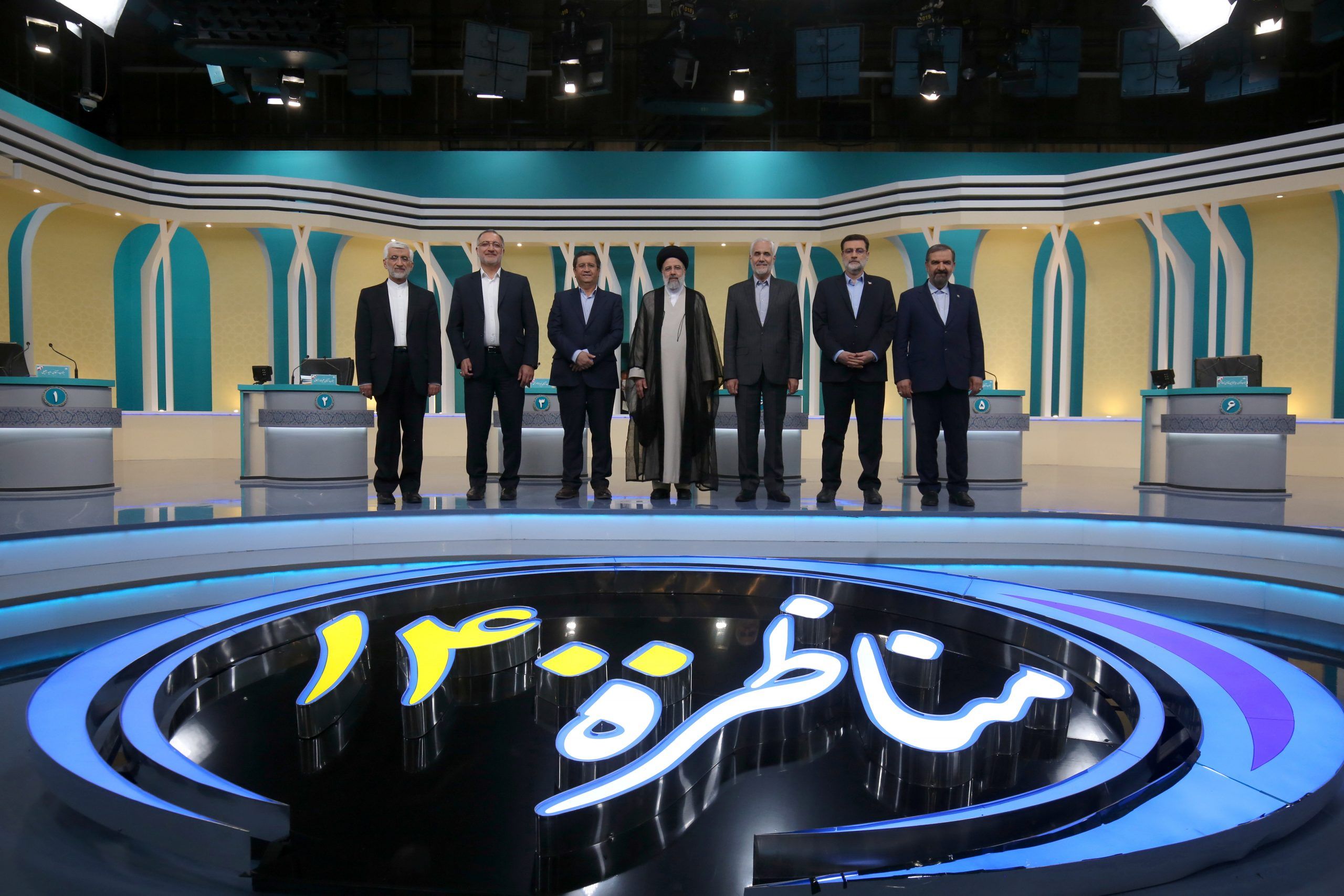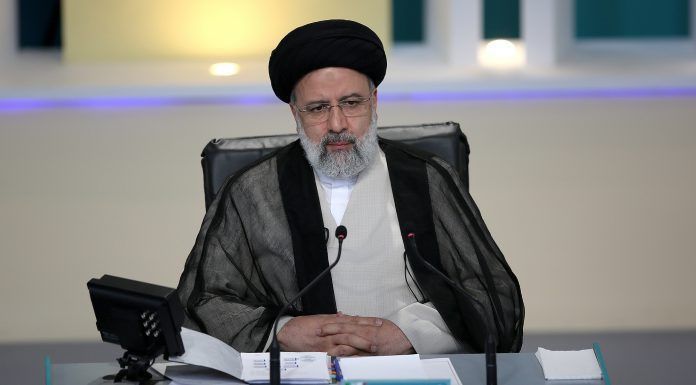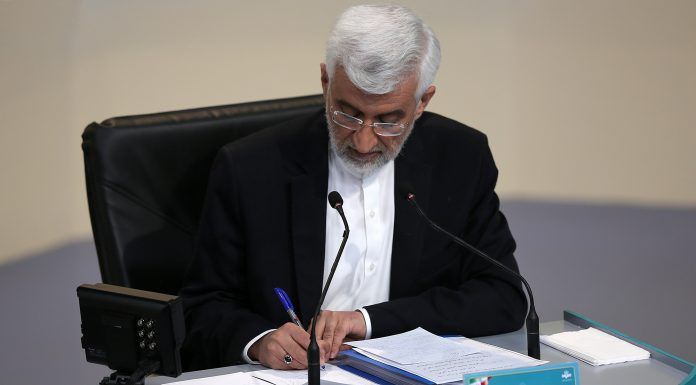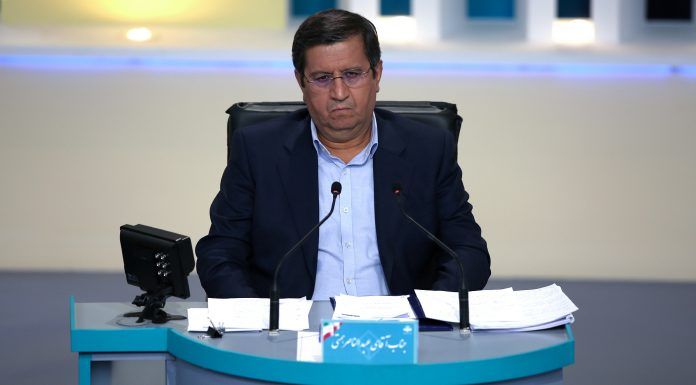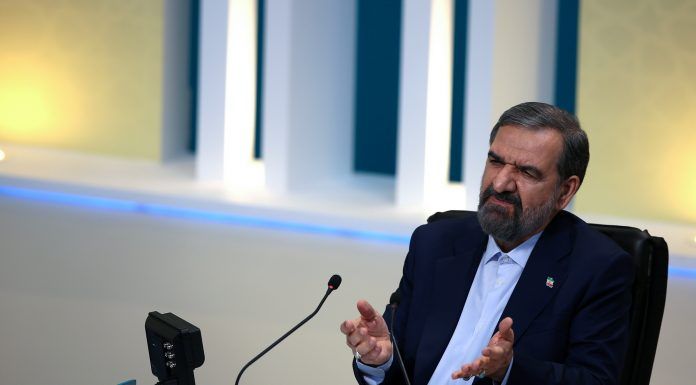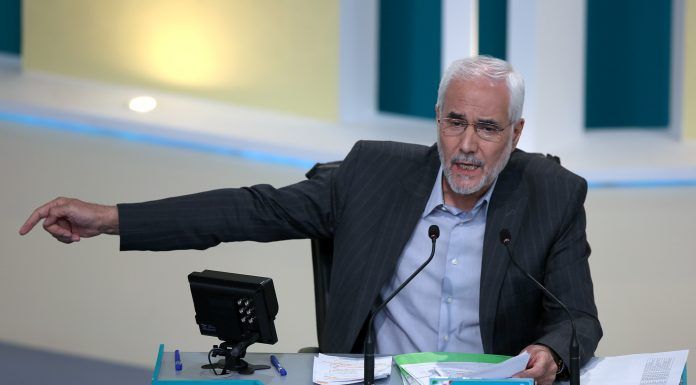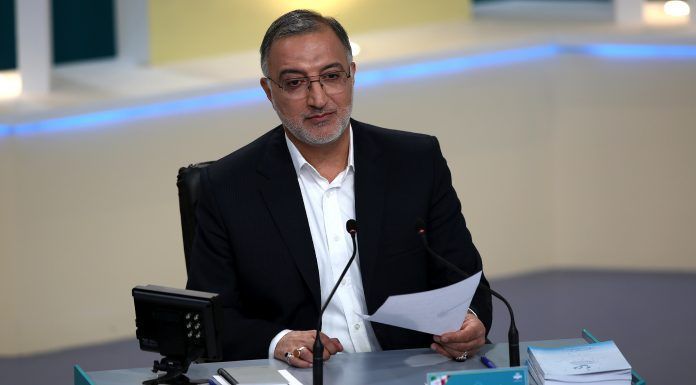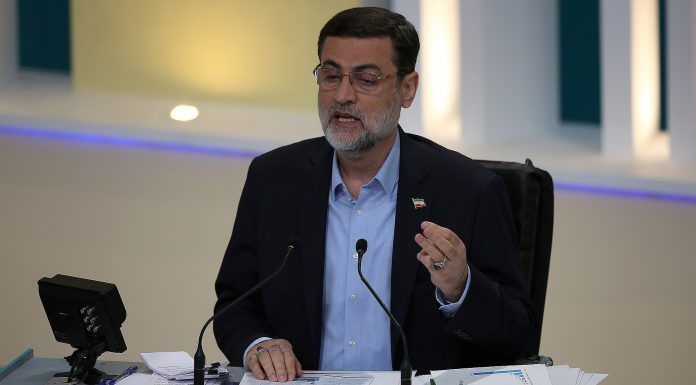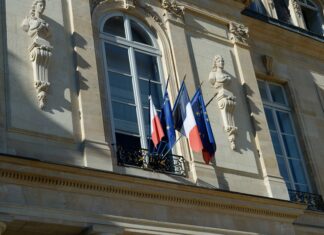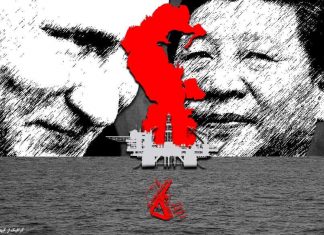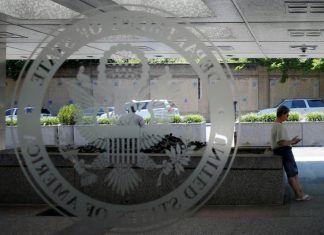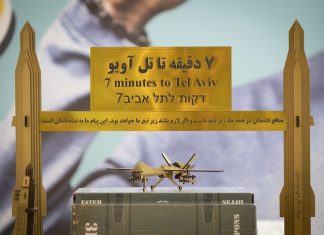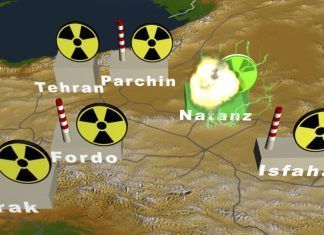DUBAI, June 15 (Reuters) – Iranians have a choice between seven mostly hardline candidates in a president election on Friday, a contest likely to reinforce the authority of Ayatollah Ali Khamenei, the country’s strongly anti-Western Supreme Leader.
Clerical officials who vetted the candidates rejected several prominent moderates and conservatives, resulting in a field of five hardliners and two low-key moderates in the June 18 contest.
President Hassan Rouhani, a pragmatist who orchestrated Iran‘s 2015 nuclear deal with world powers, is legally barred from running for a third four-year term.
In the Islamic Republic’s dual system of republican and clerical rule, the president heads the government but reports to the Supreme Leader, the country’s top authority.
Following are brief sketches of the candidates:
EBRAHIM RAISI: Iran‘s hardline judiciary chief lost to Rouhani in 2017 and was sanctioned by the United States the following year for human rights abuses.
Describing him as a member of Khamenei’s “inner circle”, Washington cited Raisi’s participation in “a so-called death commission that ordered the extrajudicial executions of thousands of political prisoners in 1988”.
Iran has never acknowledged the mass executions. However, some clerics have praised the trials as fair, praising the “eliminating” of armed opposition in the early years of the 1979 Islamic revolution. Raisi himself has never publicly addressed allegations about his role.
In 2016, the mid-ranking Shi’ite cleric was appointed by Khamenei as the custodian of Astan Qods Razavi, a multi-billion dollar religious conglomerate that owns mines, textile factories, a pharmaceutical plant and even major oil and gas firms.
Raisi is also the deputy head of Iran‘s Assembly of Experts, a clerical body that supervises, appoints, and in theory can sack the supreme leader.
If he wins the vote, Raisi would boost his chances of eventually succeeding Khamenei, who himself served two terms as president under the late founder of the revolution, Ayatollah Ruhollah Khomeini.
Raisi enjoys backing from Iran‘s Revolutionary Guards Corps.
SAEED JALILI: Fiercely loyal to Khamenei, the hardline diplomat lost his right leg in the 1980s when fighting for the elite Revolutionary Guards in the Iran-Iraq war. Holder of a PhD in political science, Jalili is a pious believer in Iran‘s ‘velayat-e faqih’, or rule by supreme jurisprudence, a system of Islamic government that provides the basis for Khamenei’s position.
Appointed by Khamenei, Jalili served as secretary of the Supreme National Security Council, for five years from 2007, a position that automatically made him chief negotiator on nuclear affairs.
Jalili, who also served for four years in Khamenei’s office, was an unsuccessful candidate in a 2013 presidential election.
A former deputy foreign minister, Jalili was appointed by Khamenei in 2013 as a member to the Expediency Council, which is tasked with resolving disputes between parliament and the Guardian Council, a body that ensures laws conform with Islamic law and the constitution and which vets election candidates.
ABDOLNASER HEMMATI: A former ambassador to China, Hemmati is a pragmatist technocrat who had served as Iran‘s Central Bank chief since 2018 for three years. He stepped down from that role last month. He formerly served as vice president of the Islamic Republic of Iran Broadcasting (IRIB), governor of the Central Insurance of Iran and the chief executive at Bank Melli Iran.
MOHSEN REZAEE : The secretary of Iran‘s Expediency Council, Rezaee was top commander of Iran‘s Revolutionary Guards who led the elite force during the eight-year Iran-Iraq war in the 1980s. A three-time presidential candidate, who withdrew from the race in 2005 vote, Rezaee holds a PhD in economics.
In 2007, Argentine authorities secured Interpol arrest warrants for Rezaee, along with four other Iranians and a Lebanese, over a 1994 bombing of a Buenos Aires Jewish community centre that killed 85 people.
MOHSEN MEHRALIZADEH: Former governor of Iran‘s Isfahan province, Mehralizadeh ranked last among seven candidates running in Iran‘s 2005 presidential election.
The moderate politician was elected as first vice president in 2001 by the reformist then-president Mohammad Khatami.
His name was not included in the reformists’ lists, which included nine candidates who were all barred from standing by the Guardian Council.
ALIREZA ZAKANI: A hardline lawmaker, who was disqualified in 2013 and 2017 from running for president, holds a Ph.D. in nuclear medicine. The former veteran of the Iran-Iraq war and a commander of the Guards’ affiliated volunteer Basij militia, Zakani has portrayed himself as the most capable candidate at fighting poverty and corruption.
AMIRHOSSEIN GHAZIZADEH-HASHEMI: A member of parliament since 2008, the hardline politician has promised to boost Iran‘s battered economy. He holds a PhD in medicine.
(Writing by Parisa Hafezi, Editing by William Maclean)

